Work for rural sanitation, get extra marks under a new SPPU internship
By Sukhada Khandge
Swachh Bharat Abhiyan gets some credit
Based on Central directives, this new programme will infuse social responsibility and community learning into the youth, feel city academicians
While the Central government- led Swachh Bharat Abhiyan has faced its share of brickbats and bouquets since its inception, the initiative will now be infused with fresh impetus at the hands of the nation’s youth. In a step that makes the scheme an integral part of college campuses, the Savitribai Phule Pune University (SPPU) has instituted a new summer internship dedicated to this programme, which will encourage students to participate in grassroots initiatives to earn extra credits in their studies.
The varsity took this step based on recent nationwide directives from the Union ministries of drinking water and sanitation, human resource development (HRD), and youth affairs and sports. Under the programme, students have to apply online, and go on to complete 100 hours of working in cleanliness and sanitation drives in villages, from which they will be given the chance of scoring two credits to be included in their final result.
“I believe education should be divided into a 20 and 80 per cent ratio – wherein the latter is geared towards bettering career prospects, but the former is about social responsibilities. Such initiatives can definitely help students become better citizens,” opined Dr R S Zunjarrao, principal of Modern College of Arts, Science and Commerce. His college has already initiated an Institutional Social Responsibility (ISR) programme for students, but Zunjarrao feels a centralised scheme makes execution easier for colleges, besides increasing motivation among participants.
Echoed Dr Muktaja Matkari, principal, Abasaheb Garware College of Arts and Science, “The inclusion of such programmes in the syllabus will help students address existing social issues more seriously and gain experiential learning. We are awaiting guidelines from the varsity on how to work the credit system.”
Further to its societal benefits, colleges also feel this development could aid in bettering their National Assessment and Accreditation Council (NAAC) rankings. “NAAC recently changed its ranking parameters, making its questions quantitative in nature. So, the more student volunteers we get taking part in social activities, the greater will be our chances of improving our rank,” explained Zunjarrao.
Dr Sudhir Gavhane, dean of Liberal Arts, Science and Commerce at MIT World Peace University — who has served as a member of the NAAC committee — shared, “This has been a good move because it is time education became service and community learning based. This purpose was furnished by the National Social Service (NSS) scheme, but including it in an internship and credit initiative helps students take it more seriously, beyond being a mere extra-curricular activity. We have also already started a rural immersion programme to help urban students learn from and about rural India.”
The internship requires candidates to visit one or more villages and conduct activities of their choice to contribute to the rural sanitation cause, individually or in groups, while outlining locations they tackle (village/district). These may be either in one’s home state or that of the parent institution of one’s college, and can be determined with the help of the said educational institution. Nodal officers are also to be appointed to facilitate the initiative by the respective college or university involved.
It will be the scholars’ responsibility to spread awareness about cleanliness and sanitation among villagers, and after completing the requisite hours of work, they have to draft a report to be submitted to and evaluated by the government.
Pay-offs for the students include not just internship certificates and credits, but also cash prizes for the best project at several levels (university, college, state and national). These will start from Rs 20,000 at the college level, and range till Rs 2 lakh at the India-wide echelon.
While the University Grants Commission (UGC) has already issued a letter to all universities to include these credits in their syllabus this academic year, the government has also made video material about the Swachh Bharat Abhiyan available on YouTube for students.
Prabhakar Desai, director of the board of students’ welfare at SPPU, said, “We have informed colleges affiliated to the varsity about this internship and credit programme and expect a good response from students— at least 10 volunteers from each college. We aim for more and more students to consider the task as a part of their syllabus.”
█ We have informed affiliates about this programme and expect a good response — at least 10 students from each college. We aim for more students to consider the task as a part of their syllabus
— Prabhakar Desai, director, SPPU students’ welfare board
Swachh Bharat Abhiyan gets some credit
Based on Central directives, this new programme will infuse social responsibility and community learning into the youth, feel city academicians
While the Central government- led Swachh Bharat Abhiyan has faced its share of brickbats and bouquets since its inception, the initiative will now be infused with fresh impetus at the hands of the nation’s youth. In a step that makes the scheme an integral part of college campuses, the Savitribai Phule Pune University (SPPU) has instituted a new summer internship dedicated to this programme, which will encourage students to participate in grassroots initiatives to earn extra credits in their studies.
The varsity took this step based on recent nationwide directives from the Union ministries of drinking water and sanitation, human resource development (HRD), and youth affairs and sports. Under the programme, students have to apply online, and go on to complete 100 hours of working in cleanliness and sanitation drives in villages, from which they will be given the chance of scoring two credits to be included in their final result.
Academicians from the city welcomed the move, hailing it for introducing social responsibility and community learning to young students via service-based activities.
“I believe education should be divided into a 20 and 80 per cent ratio – wherein the latter is geared towards bettering career prospects, but the former is about social responsibilities. Such initiatives can definitely help students become better citizens,” opined Dr R S Zunjarrao, principal of Modern College of Arts, Science and Commerce. His college has already initiated an Institutional Social Responsibility (ISR) programme for students, but Zunjarrao feels a centralised scheme makes execution easier for colleges, besides increasing motivation among participants.
Echoed Dr Muktaja Matkari, principal, Abasaheb Garware College of Arts and Science, “The inclusion of such programmes in the syllabus will help students address existing social issues more seriously and gain experiential learning. We are awaiting guidelines from the varsity on how to work the credit system.”
Further to its societal benefits, colleges also feel this development could aid in bettering their National Assessment and Accreditation Council (NAAC) rankings. “NAAC recently changed its ranking parameters, making its questions quantitative in nature. So, the more student volunteers we get taking part in social activities, the greater will be our chances of improving our rank,” explained Zunjarrao.
Dr Sudhir Gavhane, dean of Liberal Arts, Science and Commerce at MIT World Peace University — who has served as a member of the NAAC committee — shared, “This has been a good move because it is time education became service and community learning based. This purpose was furnished by the National Social Service (NSS) scheme, but including it in an internship and credit initiative helps students take it more seriously, beyond being a mere extra-curricular activity. We have also already started a rural immersion programme to help urban students learn from and about rural India.”
The internship requires candidates to visit one or more villages and conduct activities of their choice to contribute to the rural sanitation cause, individually or in groups, while outlining locations they tackle (village/district). These may be either in one’s home state or that of the parent institution of one’s college, and can be determined with the help of the said educational institution. Nodal officers are also to be appointed to facilitate the initiative by the respective college or university involved.
It will be the scholars’ responsibility to spread awareness about cleanliness and sanitation among villagers, and after completing the requisite hours of work, they have to draft a report to be submitted to and evaluated by the government.
Pay-offs for the students include not just internship certificates and credits, but also cash prizes for the best project at several levels (university, college, state and national). These will start from Rs 20,000 at the college level, and range till Rs 2 lakh at the India-wide echelon.
While the University Grants Commission (UGC) has already issued a letter to all universities to include these credits in their syllabus this academic year, the government has also made video material about the Swachh Bharat Abhiyan available on YouTube for students.
Prabhakar Desai, director of the board of students’ welfare at SPPU, said, “We have informed colleges affiliated to the varsity about this internship and credit programme and expect a good response from students— at least 10 volunteers from each college. We aim for more and more students to consider the task as a part of their syllabus.”
█ We have informed affiliates about this programme and expect a good response — at least 10 students from each college. We aim for more students to consider the task as a part of their syllabus
— Prabhakar Desai, director, SPPU students’ welfare board
You Might Also Like
From around the web
More from Pune Mirror
GALLERIES View more photos















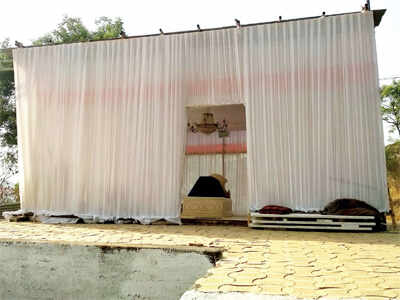
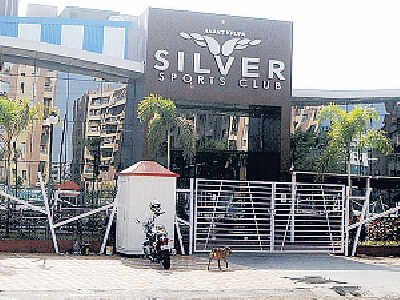

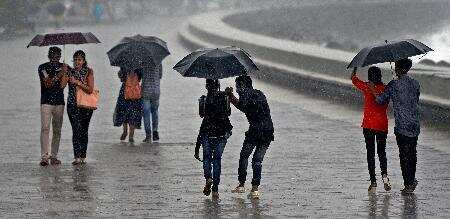
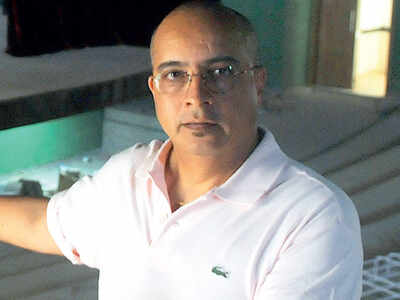


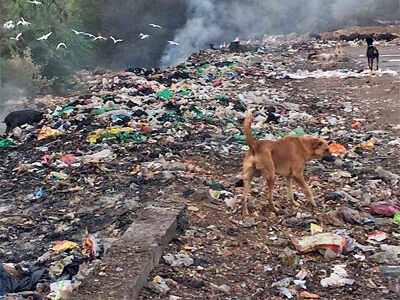
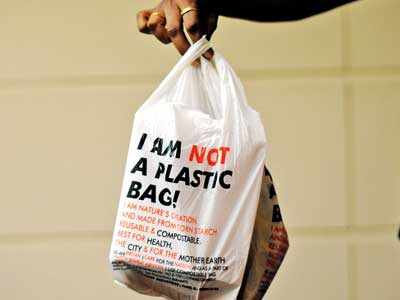
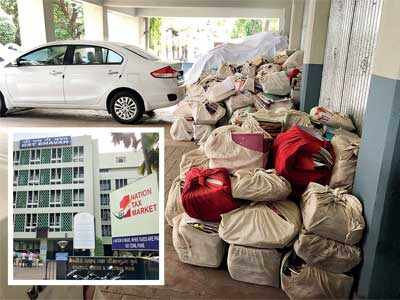

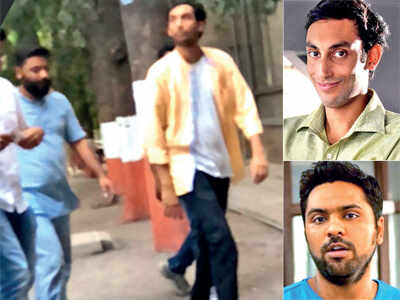

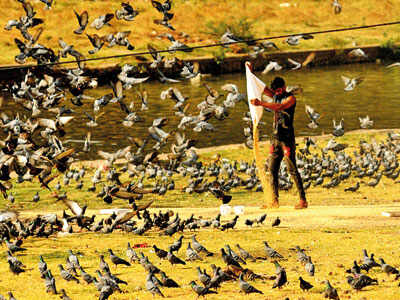
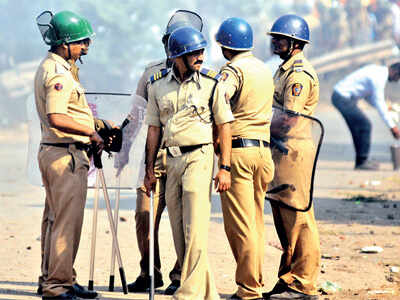
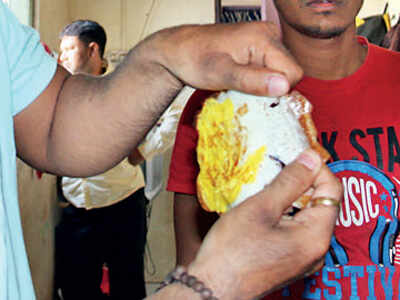

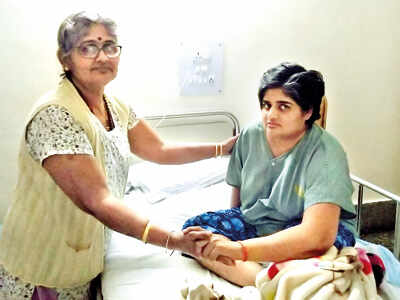



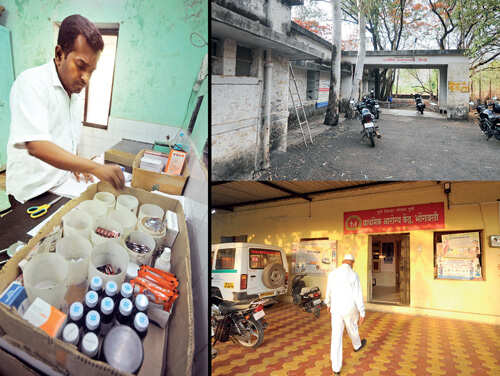



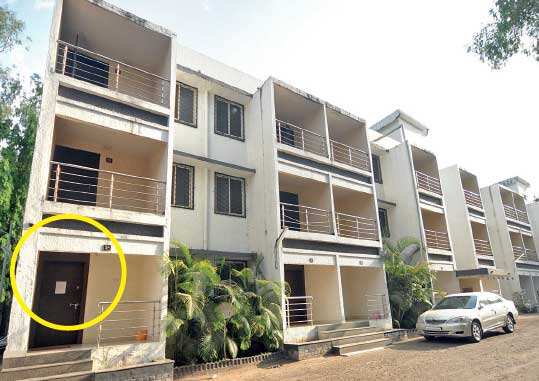
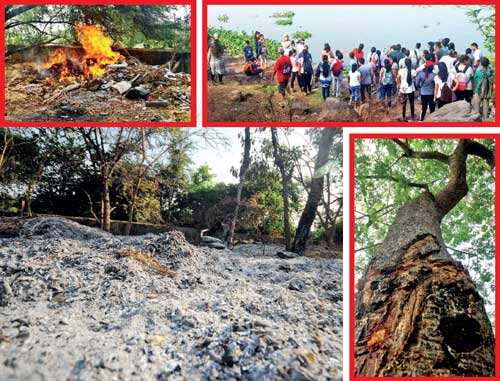




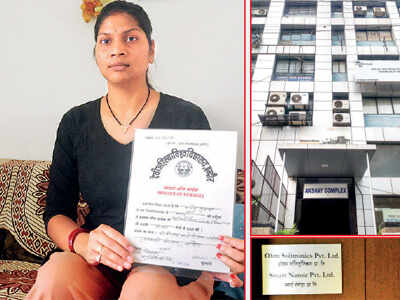
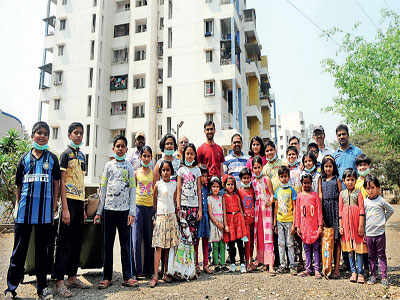
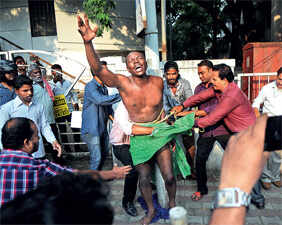

Recent Messages ()
Please rate before posting your Review
SIGN IN WITH
Refrain from posting comments that are obscene, defamatory or inflammatory, and do not indulge in personal attacks, name calling or inciting hatred against any community. Help us delete comments that do not follow these guidelines by marking them offensive. Let's work together to keep the conversation civil.